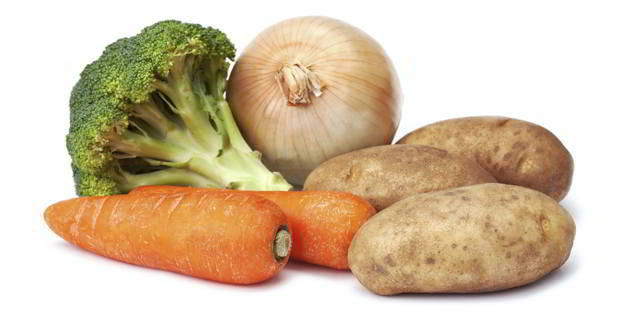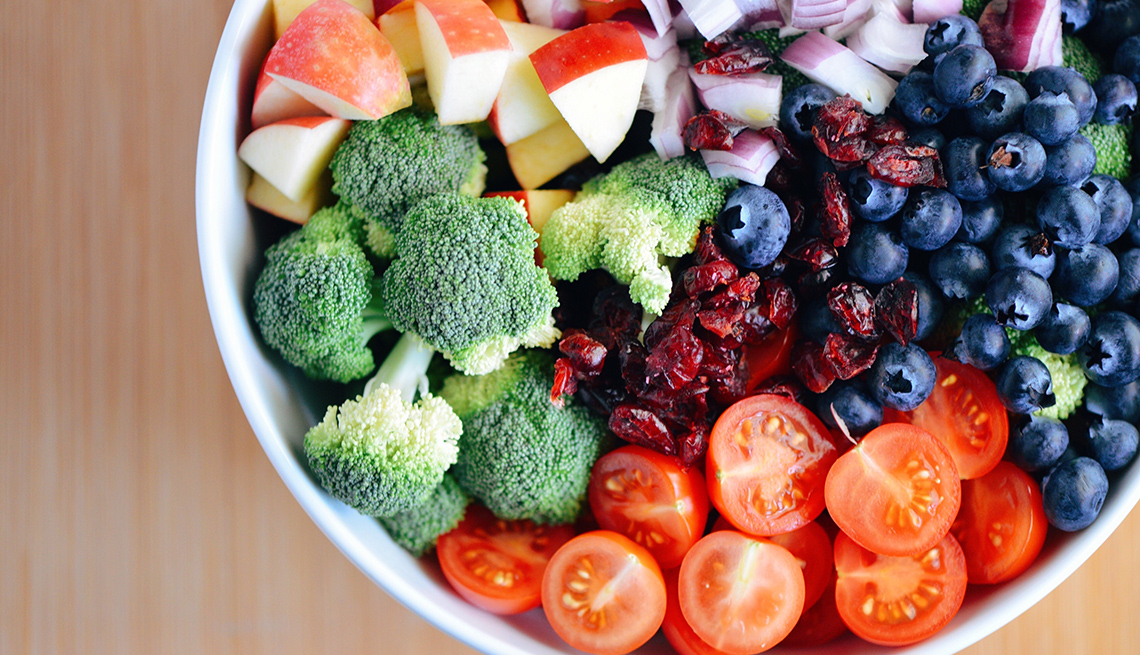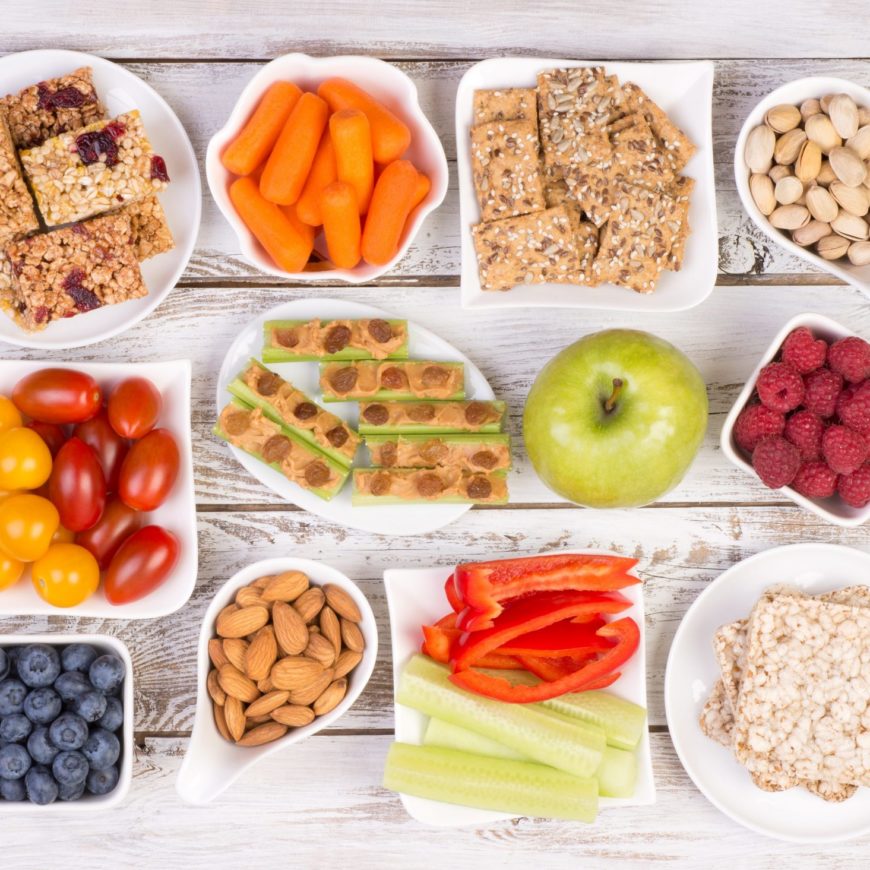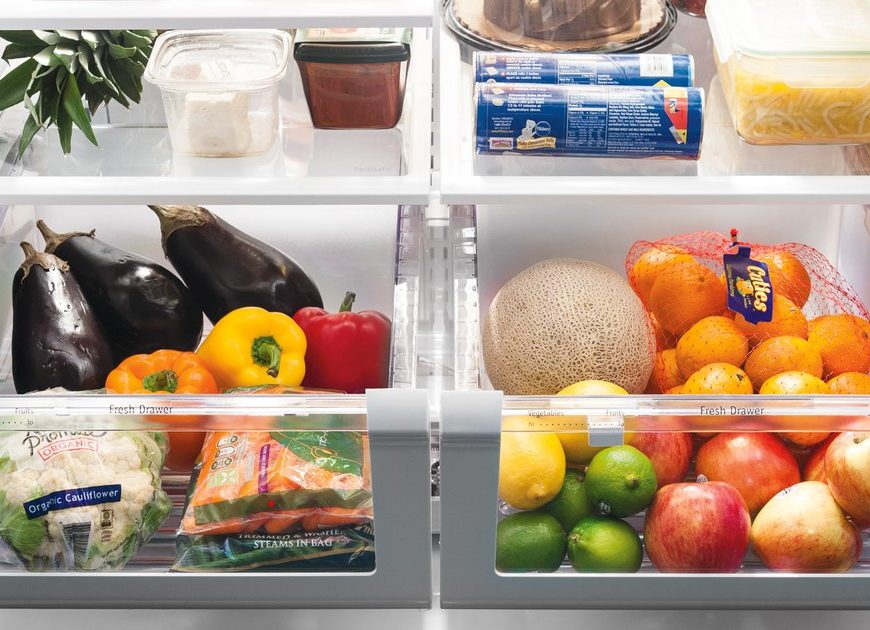Did you know that approximately 2 billion people do not consume the recommended amount of micronutrients? They are in fact essential for a kid’s growth and development and required in minor quantities by the body as vitamins and minerals. Know about the advisable quantities of nutrients for adults and children here.
Micronutrient deficiencies are very common and are mainly associated with chronic hunger and dietary deficits. They can have long-lasting effects on the child such as stunted mental, physical, and social growth, poor academic performance, and insufficient cognitive abilities. Let us look at the three most important micronutrients that impact a child’s development.
Iron

iron rich foods
Iron is responsible for making haemoglobin for the red blood cells and gives them their color. Iron deficiency can result in the red blood cells becoming small and pale leading low supply of oxygen in the body. Such a condition results in Anaemia, slow development, and low physical activity. The iron requirement for children is-
- Up to six months- Only breastfeeding is necessary
- 6 to 12 months- 11 mg
- 1 to 3 years- 7 mg
- 4 to 8 years- 10 mg
- 9 to 13 years- 8 mg
- 14 to 18 years- 11 mg for boys and 15 mg for girls
The required levels can be achieved by feeding children leafy vegetables, Legumes, meat, fish, egg, and grains & cereals.
Iodine

rich with iodine foods
Iodine supports the thyroid functions in adults, children, and toddlers. It is very important for brain development, cognitive development, neurological functions, and it protects from harmful toxins present in the environment. However, iodine deficiency is becoming increasingly common in the world. The RDA or the Recommended Dietary Allowance for kids is-
- Babies or infants less than one-year-old: 110 to 130 mcg per day
- Children between 1 to 11 years: 90 to 120 mcg per day
- Teenagers and adults: 150 mcg per day
The World Health Organization (WHO) and The International Council for the Control of Iodine Deficiency Disorders (ICCIDD) have been making significant efforts to prevent iodine deficiencies but regardless of that, there has not been much improvement.
Parents must ensure an adequate supply of iodine to the babies even during pregnancy, it is significant for the baby’s neural development.
Vitamin A

rich in vitamin a foods
Vitamin A is crucial for a good vision, a healthy development, and the proper functioning of the immune system. It also adds to the healthy growth of the cells and tissues of the human body. Its deficiency can cause long-term effects such as partial or complete blindness, infections, death, and low immunity. How much vitamin A does your child require?
- Between ages 1 to 3- 300 micrograms per day
- Age 4 and above- 400 micrograms per day
It is highly advisable to provide vitamin A spread over a few days a week rather than every day. Also, very high amounts of consumption can lead to dizziness, blurred vision, headache, vomiting, liver problems, osteoporosis, lack of muscle coordination, and central nervous system disorders.
Some good sources of the vitamin include carrot juice, sweet potatoes, cooked spinach, cantaloupe, sliced mango, papaya, fortified milk etc. However, everything should be provided in regulated quantities only.




Add Comment